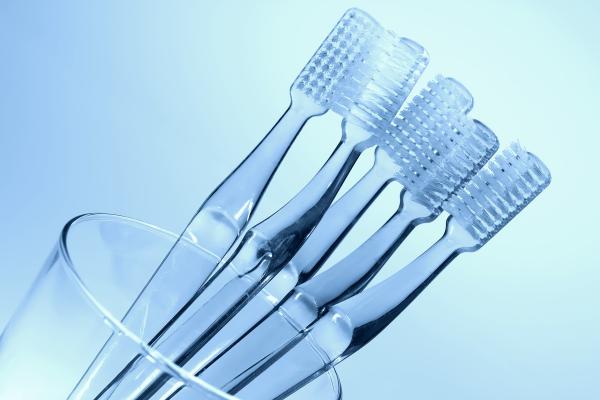5 Principles for Good Oral Hygiene

You have probably heard about how important it is to maintain good oral hygiene, but what exactly does that mean?
By understanding the principles for good oral hygiene, you can minimize the risk of suffering from tooth decay and maintain a clean, beautiful smile.
Principles for good oral hygiene
It can sometimes be difficult to assess if good oral hygiene is being administered, but you can know exactly whether you are caring for your teeth properly by understanding the principles for good oral hygiene.
The following are the five most important principles to follow for good oral hygiene.
Keep a consistent brushing schedule
First, it is crucial to maintain a consistent brushing schedule, which means brushing your teeth twice a day. For many, brushing teeth after each shower at night and after breakfast in the morning is a good starting point.
Floss and use mouthrinse every day
Many, if not most, are able to follow a consistent brushing schedule without any difficulty, but it can become more challenging not to be neglectful when it comes to flossing and using mouthrinse, which are also key components to good oral hygiene.
While flossing and using mouthrinse may not be needed as often as brushing, doing both at least once a day is a fantastic way to maintain good oral hygiene.
Use fluoride toothpaste and mouthrinse
Acid and bacteria are tooth enamel's worst nightmare. On the other hand, fluoride is enamel's best friend.
Fluoride strengthens tooth enamel and ensures it has the minerals needed to fight off any acid or bacteria attacks. The best way to ensure a proper amount of fluoride is to use a fluoride-based toothpaste and mouthrinse.
Avoid harmful foods and drinks
As mentioned, acid-based foods and the buildup of harmful bacteria can severely damage enamel if consumed in access. Sugar has a particularly negative effect on teeth, so avoiding an excess intake of sugary items, such as candy, is a great way to ensure good oral hygiene.
Additionally, it is always a good idea to take extra caution and brush after consuming coffee, tea or using tobacco products, as they can lead to the erosion of enamel and leave dark stains on teeth.
Drink water throughout each day
Last but not least, it is helpful to sip water throughout the day, especially if you like to have snacks. Drinking water helps wash away any harmful food particles and other substances that build up on and in between teeth.
For best oral hygiene practice, try substituting coffee, tea or soft drinks for water. By doing so, the chance of suffering from poor oral hygiene becomes greatly reduced.
Are you considering oral hygiene in the Dalton area? Get more oral hygiene information at https://drcalldental.com.
Related Posts
Good oral hygiene is critical for maintaining healthy gums and teeth. However, the effects of oral health go beyond teeth and gums. Studies have established a link between oral health and overall health. Most oral health issues are preventable through an excellent dental care routine, both at home and with a dentist.Patients need to be…
Dental care is an important part of the overall health and maintaining dental care each day is necessary to ensure that the teeth and gums stay in optimal condition. While most people may think that they know everything about dental care, there are a few things that are often overlooked.In this article, we will go…
Here at our office, we get a lot of questions about dental care and what should be done each day. Although a daily dental hygiene routine is relatively simple to keep, it is always good to be reminded of the basics and keep up every day with completing each step.We know it is easy to…
Teeth and gums, while important, are not the only residents that matter within the confines of your mouth. The salivary glands within your mouth create the liquid saliva and saliva is just as vital to the everyday functions of the body. Located inside each cheek, at the bottom of the mouth and near the front…
+


